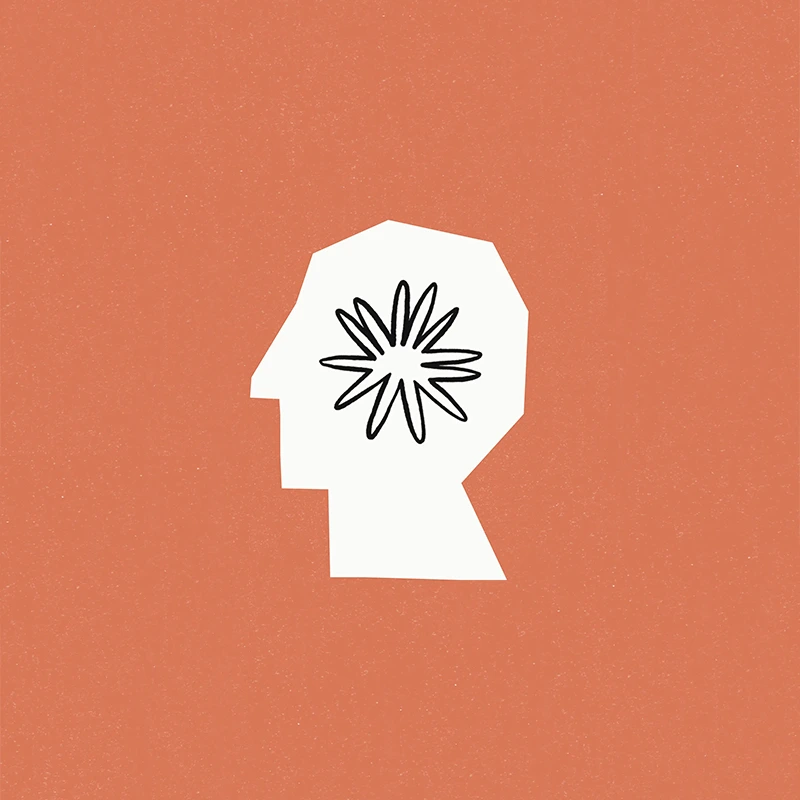
There is no one solution that fits all problems.
So why not create a solution for every problem? That is what Anthropic is trying to solve, when it introduced 'Claude 3,' which comes with three different AI models.
The three models are meant to carter different needs.
This is possible because each model offers different performance, allowing users to select the optimal balance of intelligence, speed, and cost for their specific application.
But in all, the Claude 3 family of models will initially offer a 200,000 context window upon launch, and are capable of accepting inputs exceeding 1 million tokens.
With the three models, Anthropic wants Claude 3 to set new industry benchmarks across a wide range of cognitive tasks.
Today, we're announcing Claude 3, our next generation of AI models.
The three state-of-the-art models—Claude 3 Opus, Claude 3 Sonnet, and Claude 3 Haiku—set new industry benchmarks across reasoning, math, coding, multilingual understanding, and vision. pic.twitter.com/TqDuqNWDoM— Anthropic (@AnthropicAI) March 4, 2024
The first Claude 3, is called 'Opus', and that it is the most intelligent model of the three, thanks to its "best-in-market performance on highly complex tasks."
Anthropic said that Opus "can navigate open-ended prompts and sight-unseen scenarios with remarkable fluency and human-like understanding."
"Opus shows us the outer limits of what’s possible with generative AI."
The second, is called 'Sonnet.'
According to Anthropic, this model "strikes the ideal balance between intelligence and speed—particularly for enterprise workloads," and that "it delivers strong performance at a lower cost compared to its peers, and is engineered for high endurance in large-scale AI deployments."
The third and the last of Claude 3 model, is 'Haiku,' and that it's the "fastest, most compact model for near-instant responsiveness."
"It answers simple queries and requests with unmatched speed. Users will be able to build seamless AI experiences that mimic human interactions."

In an interview, co-founder and CEO Dario Amodei said the models were designed with different business use cases in mind.
"Claude 3 Opus is, at least according to the evaluations, in many respects the best-performing model in the world across a range of tasks."
According to the company, it outperforms rival models, like GPT-4 from OpenAI, and Gemini 1.0 Ultra from Google on various benchmark exams.
In all, Opus is like the "Rolls-Royce of models, at least at this point in time."
Through Opus, this is the first time Anthropic has offered multimodal support, where users can upload photos, charts, documents and other types of unstructured data for analysis and answers.
The other models, Sonnet and Haiku, are more compact and less expensive than Opus.
And in order to increase public's acceptance towards the AI models, Anthropic said that Claude 3 models are designed to be "trustworthy as they are capable."

"As we push the boundaries of AI capabilities, we’re equally committed to ensuring that our safety guardrails keep apace with these leaps in performance."
The company has dedicated teams to track and mitigate things like misinformation and CSAM to biological misuse, election interference, and autonomous replication skills.
"We continue to develop methods such as Constitutional AI that improve the safety and transparency of our models, and have tuned our models to mitigate against privacy issues that could be raised by new modalities."
Anthropic also said that Claude 3 models shows less biases than previous models, like the Claude 2 or Claude 2.1, according to the Bias Benchmark for Question Answering (BBQ).
